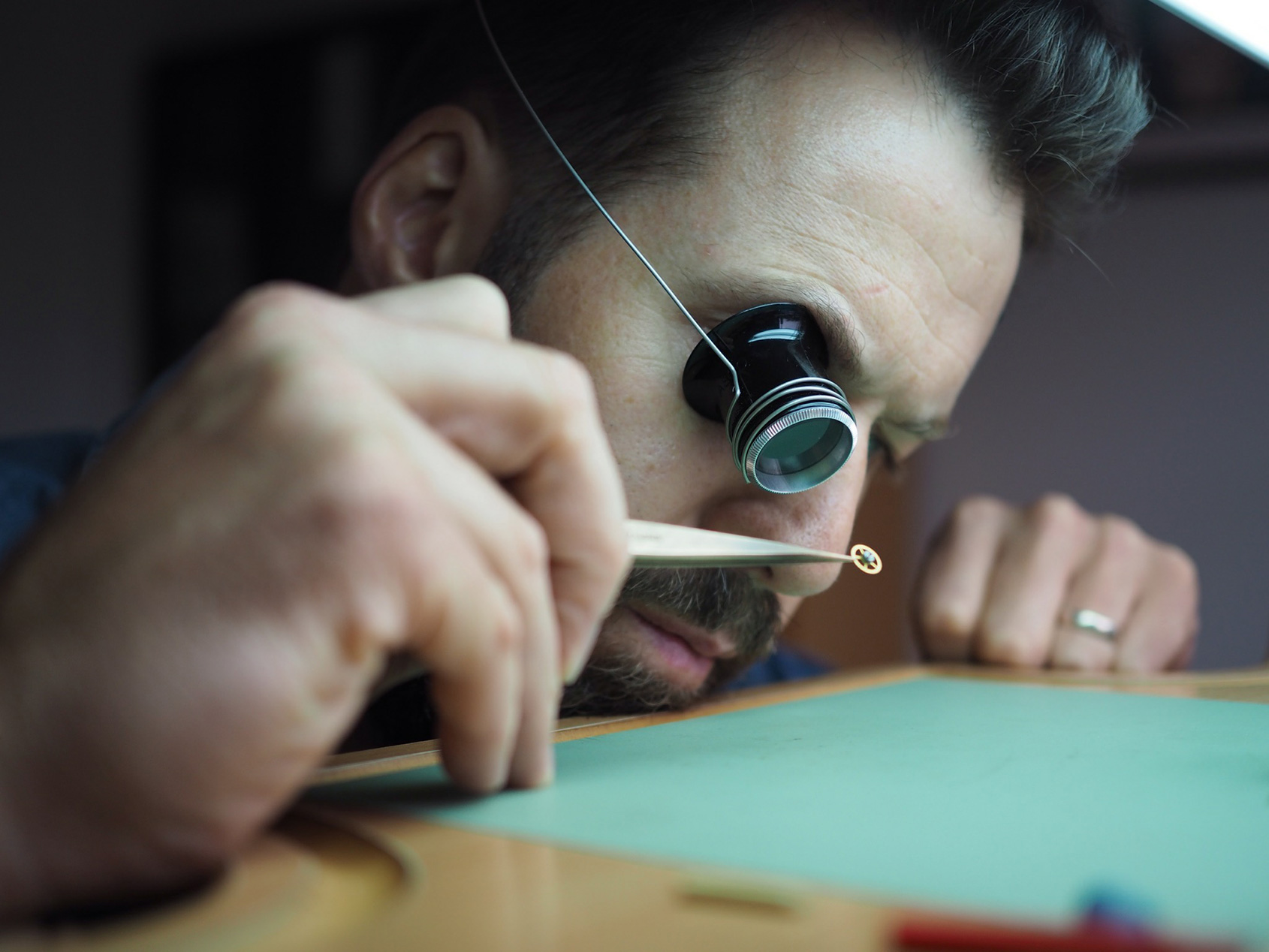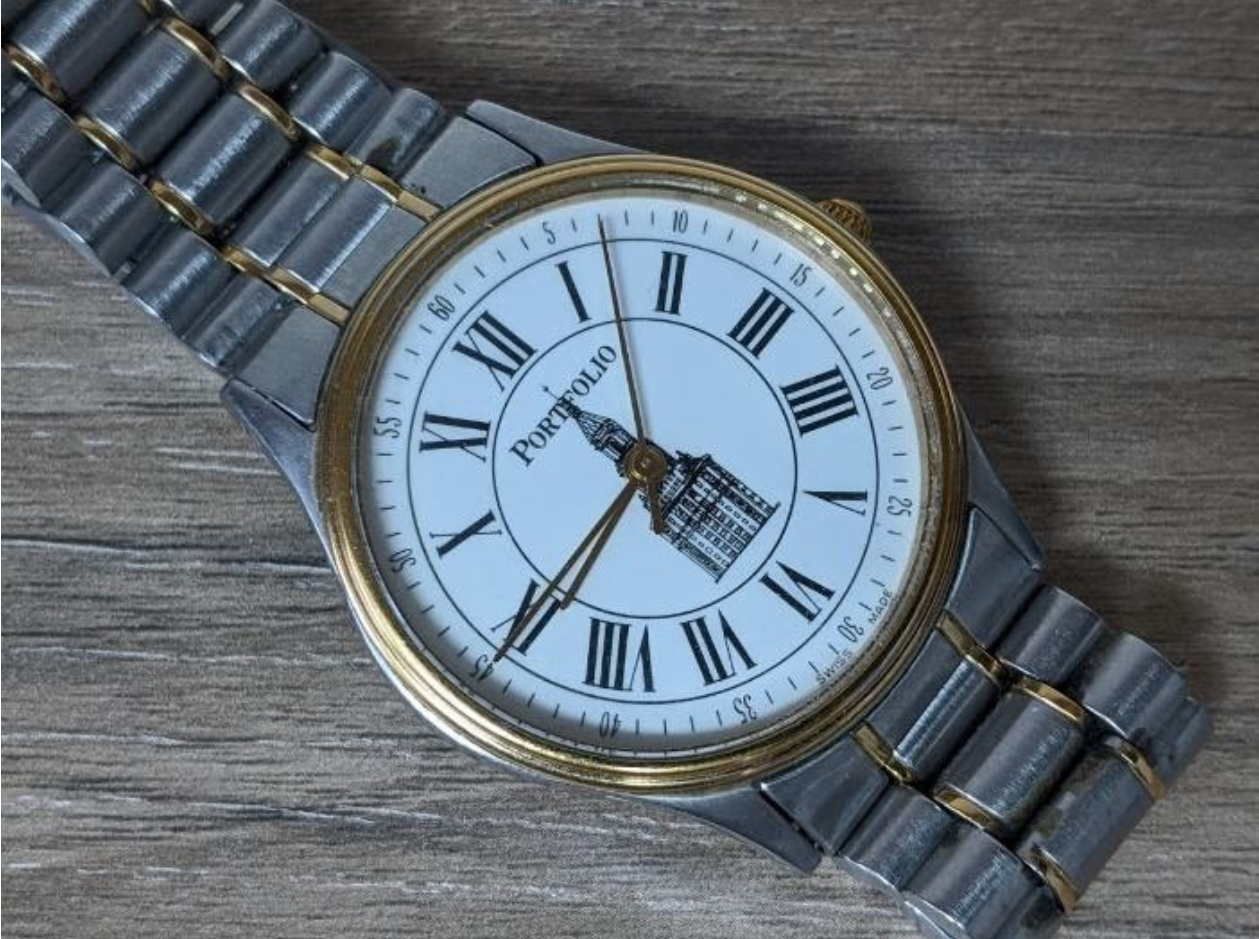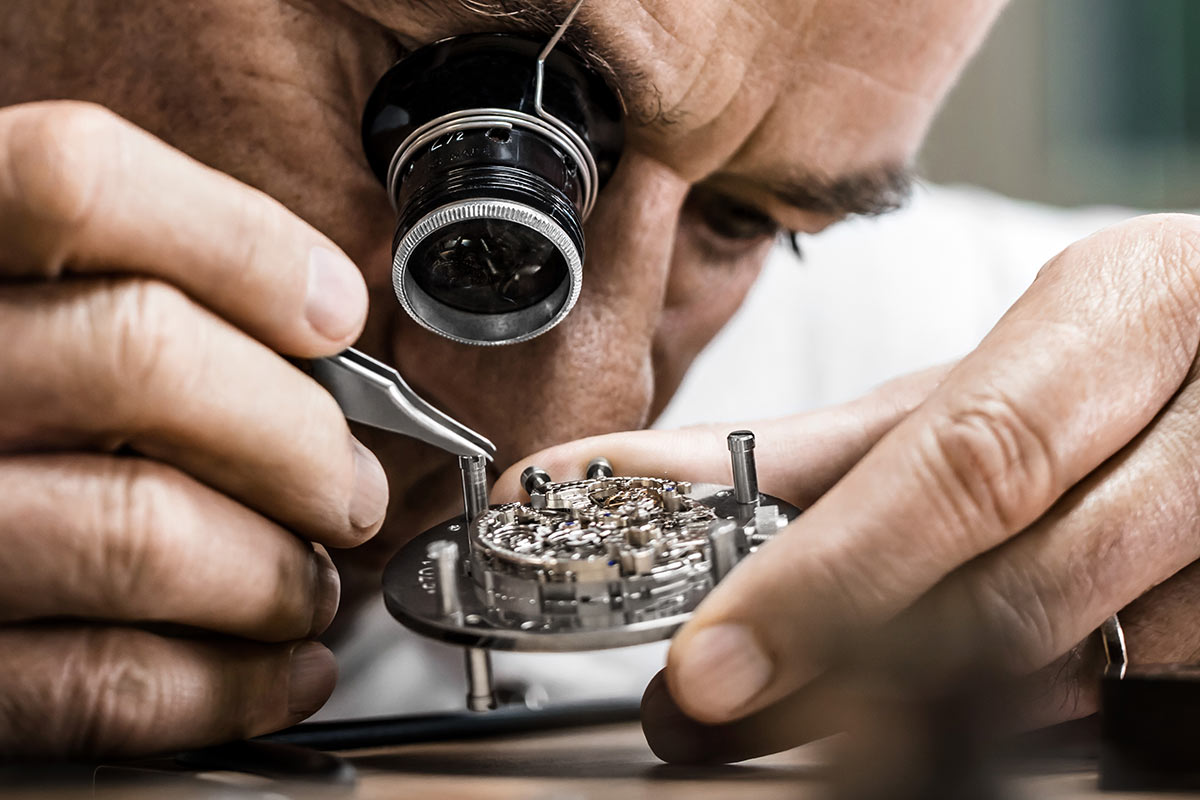OPINION: 3 reasons why collecting watches is meaningful, even in a crisis
Brendan CunninghamIs collecting mechanical watches meaningful? I’ve thought about this existential question quite a bit. Recently I was fortunate to spend some time chatting with Leonid Khankin, President and Creative Director for the brand Ernst Benz. Leonid has a deep understanding of the watch industry. Our discussion is worthy of a separate article. But at one point he made a statement that, coincidentally, resonated with some of my recent thinking. Leonid said that the pursuits of the watch community are honourable. This was the first time I’d heard this word applied to horology.

We’ve all had the question enter our minds at one point or another: are watches, in the end, a frivolous luxury? Is it indulgent to spend our precious time debating topics like the position of a date window? Would we be better off figuring out the number of angels that can dance on the head of pin (a question for which you’d no doubt need a loupe, but I digress)? After giving it some more thought, three clear arguments emerged for why we should feel good about collecting watches, even during a global crisis.
The watch industry is generous and quick to act in a crisis
It’s been undeniable lately that the watch industry and the collecting community are doing important, consequential, honourable good. Time+Tide rapidly raised hundreds of thousands of dollars in relief for Australian bushfire victims through the Watch & Act! Auction. Brands big and small, as well as an individual collector jumped to donate rare and exceptional watches. The Only Watch auction raises millions for medical research. Rolex has a charitable branch that, over more than four decades, has “supported individuals with innovative projects that improve life on the planet, expand knowledge, propose solutions to major challenges, or preserve our natural and cultural heritage for future generations”. And Ernst Benz collaborated with the American football legend Dan Marino to sell a limited release of watches with proceeds supporting education for those with autism. Through the COVID crisis, countless brands and individuals have auctioned watches, used their manufacturing plants to make hand sanitiser instead of perfume and funded orders of masks for frontline defenders. Yet again, the community has risen to the challenges of our times.

You are supporting an industry that supports its workers (and pays them properly)
There are other admirable principles connected with traditional horology that you may not have considered. As we all know, the Apple Watch and other wearables have rapidly colonised wrist in recent years, and many comparisons of sales have been made. But, interestingly, the contrasting labour practices in the tech and traditional watchmaking industries have largely gone without remark. According to a study by China Labor Watch, Apple’s suppliers typically pay around $US 6750 per year to factory workers. The median entry-level salary of a watchmaker in Switzerland is approximately $US 53,000 per year. Even after accounting for differences in the cost of living between the two countries, a watchmaker in Switzerland earns about $US 37,475 more than a factory worker in China, annually.
We often hear that international trade can harm workers in certain industries. But the truth is that this typically emerges only when buyers opt for products of middling-to-poor quality at the lowest possible price. The community of watch enthusiasts is bucking this trend. Buying a high-quality watch means you are supporting an industry that does, actually, offer a decent standard of living for its employees. I won’t claim that everything about watch brands is above reproach, but there is something honourable in supporting decent wages. There is that word again.
You are buying objects that will remain valuable (and out of landfill) for generations
I think there is also growing appreciation for the fact that mechanical watches represent a commitment to the bygone practice of obtaining, keeping, and caring for products over decades. My first decent watch was a two-tone Tiffany Portfolio watch from the early 1990s. It was given to my father by his employer after he’d worked there for 25 years. For a variety of complicated reasons he didn’t want it soon after receiving it so he gave it to me just as I graduated from college.

I wore it through graduate school and well into my first and second jobs as an adult. But one day the crystal popped out so I stopped wearing it. And on one of my birthdays, my wife presented it to me repaired. She’d dug it out of a drawer and hired a watchmaker to fix it as a surprise. This really isn’t a possibility when it comes to electronics or so many of the other things we buy. After a brief period of use, they typically end up in landfill. They can’t be repaired, even if you wanted to, and often by design.
I look at that watch now and often think about how it can return to my father if he ever wants it, perhaps as a remembrance of his career. Or maybe one of my own children will enjoy it decades from now. It has permanence, of a sort. Which is more than you can say of so many objects that surround us in modern life.





